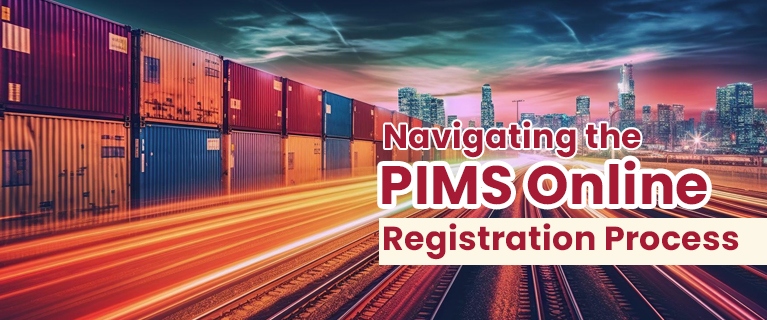Is PIMS Registration Mandatory for Imports?
In the realm of imports, adhering to regulatory frameworks is of paramount importance. One such framework that has garnered attention in recent times is the Paper Import Monitoring System (PIMS). Understanding whether PIMS registration is mandatory for your imports can be a puzzling task. In this blog, we'll unravel the complexities surrounding PIMS registration, shedding light on when and why it becomes a prerequisite for importers. The Paper Import Monitoring System (PIMS) is a mechanism introduced to monitor and regulate the import of specific paper items into India. Its primary objective is to ensure compliance with Indian standards, prevent under-invoicing, curb the entry of prohibited items, and support initiatives like Make in India and Atmanirbhar Bharat. PIMS is applicable to a wide range of paper products, covering 201 tariff lines. Read also this -: Demystifying The PIMS Certificate for Importers Is PIMS Registration mandatory for Imports? Understanding when PIM...


